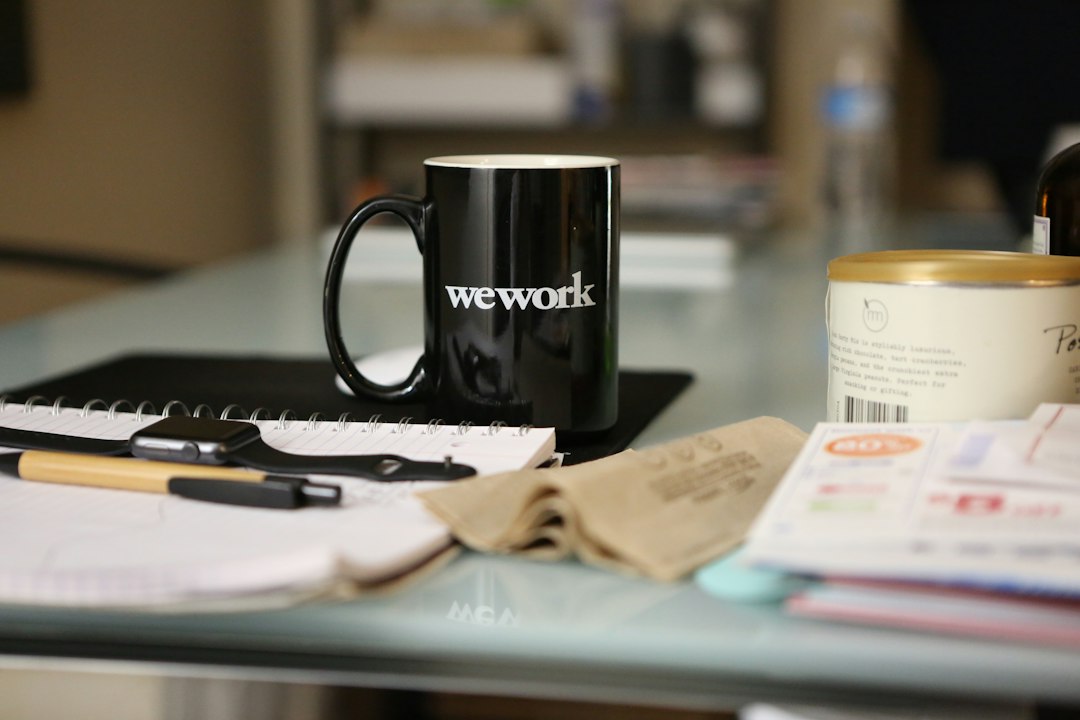As technology continues to advance, the way we work has also evolved. The rise of remote work has become increasingly popular in recent years, allowing employees to work from the comfort of their own homes or from any location of their choice. This shift towards virtual work environments has brought about numerous benefits, such as increased flexibility, reduced commute times, and improved work-life balance. However, excelling in a remote work setting comes with its own set of challenges. In this blog post, we will explore the rise of remote work and provide tips on how to excel in a virtual environment.
The concept of remote work is not a new phenomenon, but it has gained significant traction in recent years due to advancements in technology and a shifting focus on work-life balance. With the rise of the gig economy and the increasing number of digital nomads, remote work has become a viable option for many individuals seeking a more flexible and location-independent lifestyle. Employers have also recognized the benefits of remote work, such as cost savings on office space and increased employee satisfaction and productivity.
One of the key advantages of remote work is the flexibility it offers employees. With the ability to work from anywhere, employees can choose a work environment that best suits their needs and preferences. Whether it’s working from a home office, a coffee shop, or a co-working space, remote workers have the freedom to create a workspace that is conducive to their productivity and well-being. This flexibility also allows employees to better balance work and personal commitments, leading to improved levels of job satisfaction and overall well-being.
Another benefit of remote work is the reduction in commute times. With no need to commute to a physical office, remote workers can save time and money that would otherwise be spent traveling to and from work. This not only reduces stress and fatigue associated with commuting but also allows employees to dedicate more time to work or personal pursuits. Additionally, remote work can lead to a healthier work-life balance, as employees have more control over their schedules and can better prioritize their time between work and leisure activities.
While remote work offers many advantages, it also comes with its own set of challenges. One of the biggest challenges of working remotely is the lack of face-to-face interaction with colleagues. Without the ability to have impromptu conversations or collaborate in person, remote workers may feel isolated and disconnected from their team. This can impact communication, teamwork, and morale, ultimately affecting productivity and job satisfaction. To overcome this challenge, remote workers must make a conscious effort to stay connected with their colleagues through virtual meetings, messaging platforms, and other communication tools.
Another challenge of remote work is the potential for distractions and lack of focus. Working from home or other non-traditional work environments can be filled with distractions, such as household chores, family responsibilities, or noisy neighbors. To excel in a virtual environment, remote workers must establish clear boundaries between work and personal life and create a dedicated workspace that is free from distractions. Setting a daily routine, creating a work schedule, and establishing clear goals and deadlines can help remote workers stay focused and productive.
In addition to managing distractions, remote workers must also prioritize self-discipline and time management. Without the structure of a traditional office environment, remote workers must take ownership of their time and responsibilities to ensure productivity and success. Setting daily goals, creating to-do lists, and establishing a routine can help remote workers stay organized and on track. It is important for remote workers to establish boundaries between work and personal time, allowing for time to rest, recharge, and engage in activities outside of work.
Communication is another key aspect of excelling in a remote work environment. In the absence of face-to-face interaction, effective communication becomes even more important for remote teams. Remote workers must be proactive in communicating with colleagues, managers, and clients through email, messaging platforms, video calls, and other communication tools. Clear and concise communication can help remote workers stay connected, aligned, and informed, leading to better collaboration and teamwork.
Collaboration and teamwork are essential for success in a remote work environment. While working remotely may limit face-to-face interaction, it is still possible to collaborate effectively with colleagues and contribute to team projects. Remote workers can utilize collaboration tools, project management software, and virtual team meetings to stay connected with their team members and coordinate their efforts. By fostering a culture of collaboration and communication, remote teams can achieve their goals and deliver high-quality work.
Overall, excelling in a remote work environment requires a combination of self-discipline, time management, communication, and collaboration skills. By embracing the flexibility and freedom that remote work offers and implementing strategies to overcome its challenges, remote workers can thrive in a virtual setting. As remote work continues to rise in popularity, it is important for individuals and organizations to adapt to this new way of working and leverage its benefits for increased productivity, satisfaction, and success.










